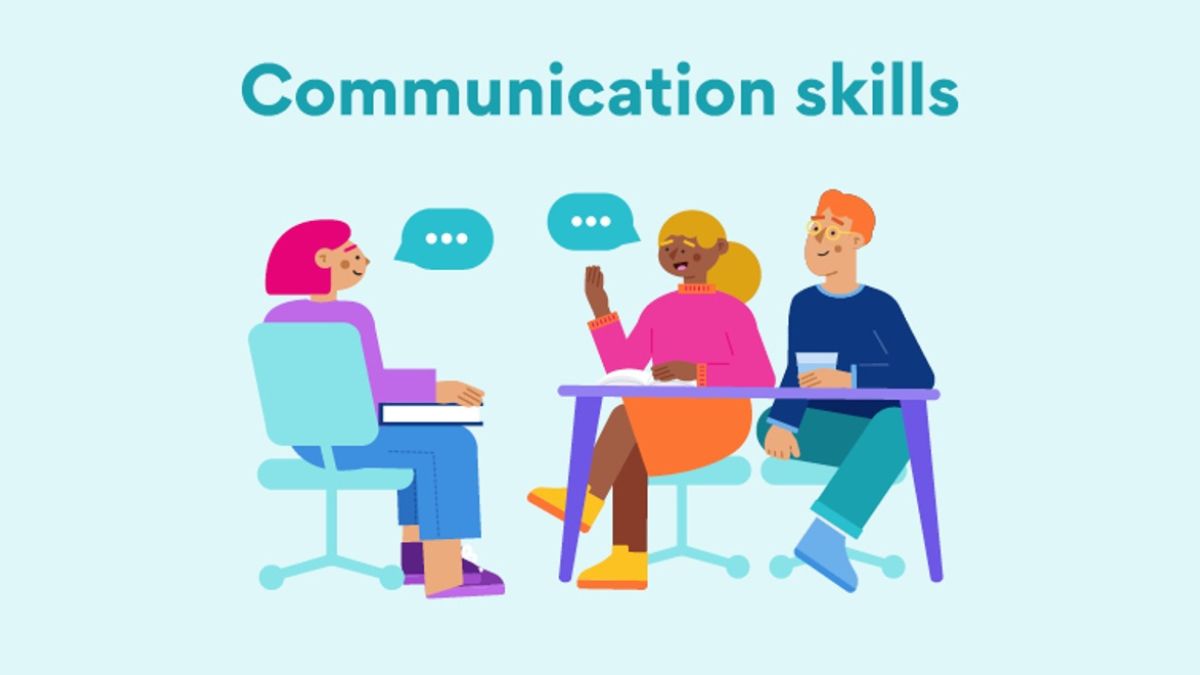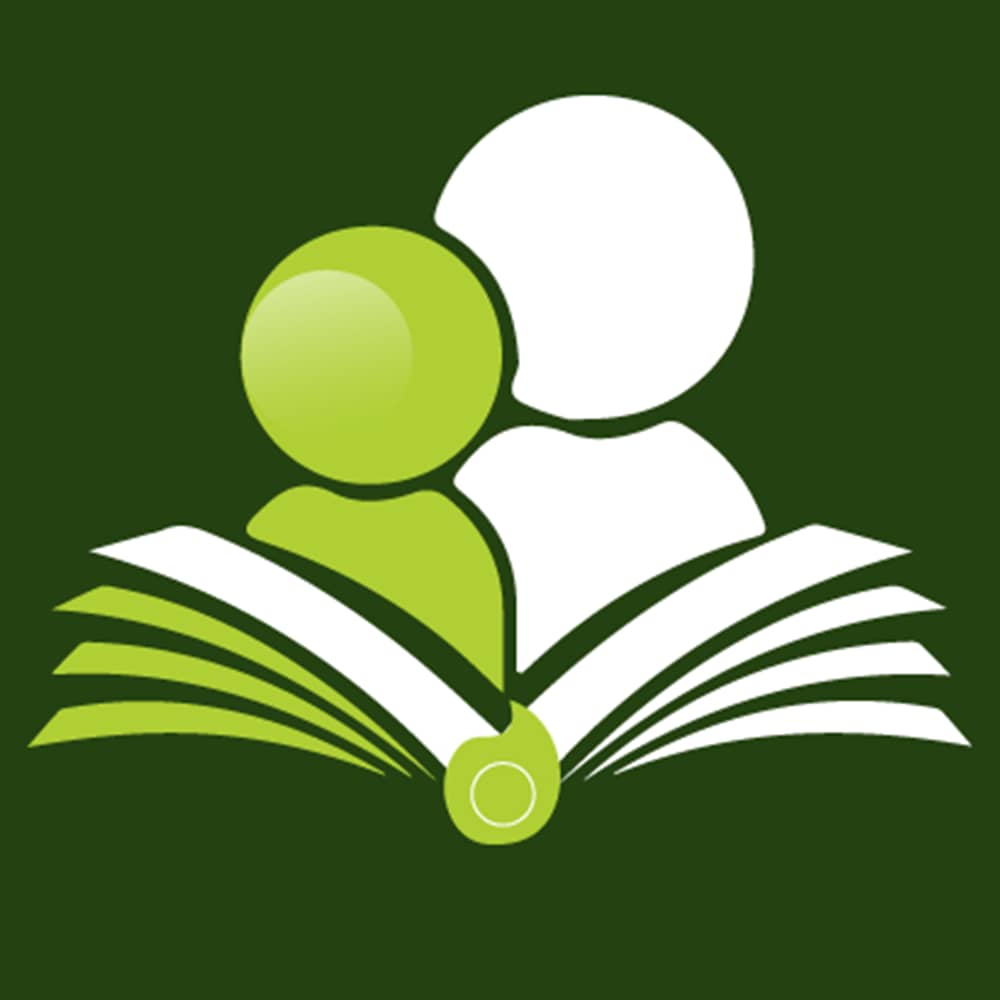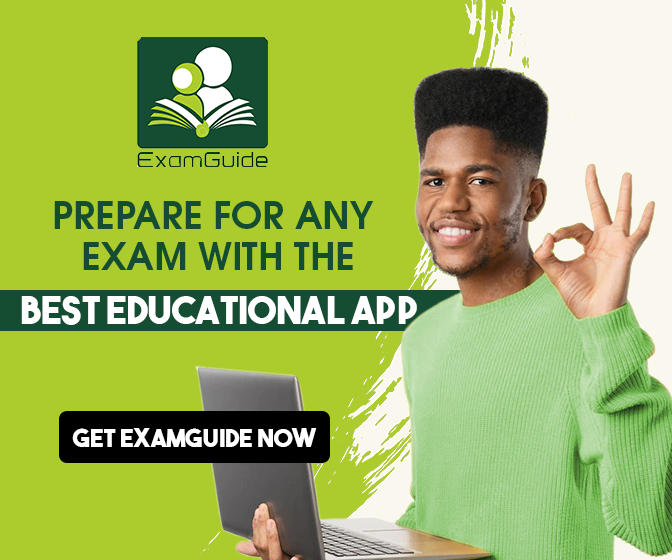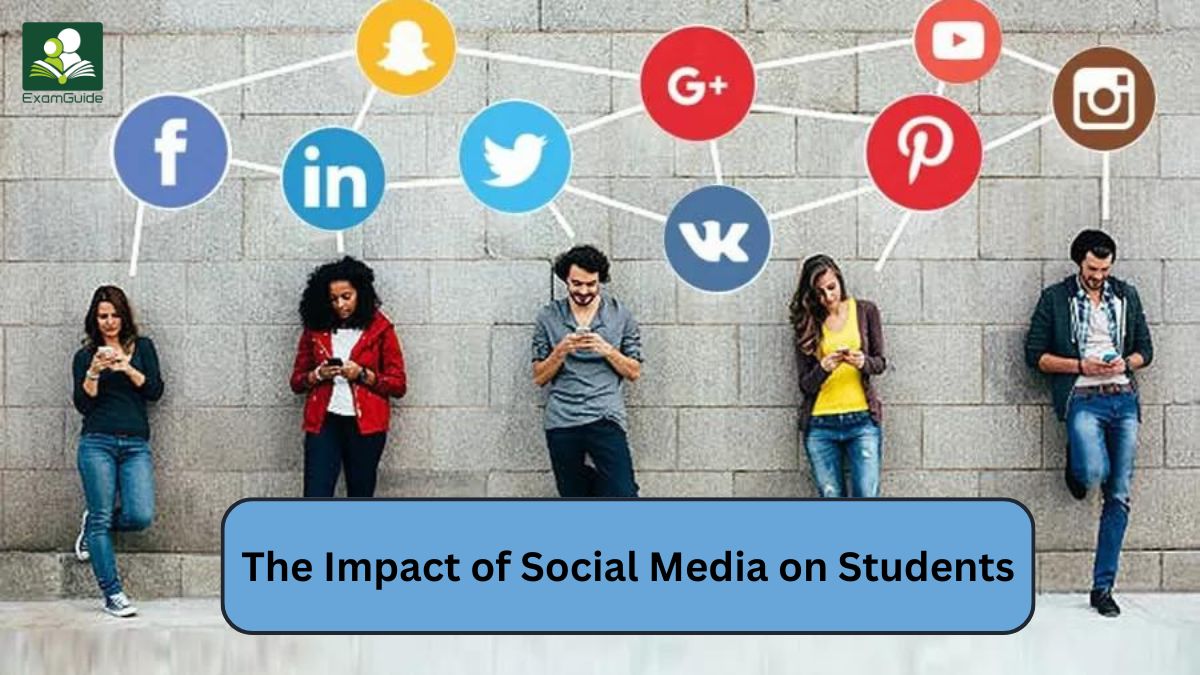
The Impact of Social Media on Students
Social media has become an integral part of daily life, especially for students. Platforms like Instagram, Twitter, Facebook, TikTok, and Snapchat offer students opportunities to connect with friends, share experiences, and access information instantly.
While social media has its benefits, it also comes with challenges that affect students’ academic performance, mental health, social skills, and overall development. This article explores both the positive and negative impacts of social media on students and provides suggestions for managing its use effectively.
Table of Content
What are the Positive Impacts of Social Media on Students?
What are the Negative Impacts of Social Media on Students?
How Can Students Use Social Media Effectively?
What are the Positive Impacts of Social Media on Students?
1. Enhanced Learning Opportunities
Social media can be a powerful educational tool. Many platforms allow students to:
- Access Educational Resources: Social media platforms, particularly YouTube, LinkedIn, and specialized educational communities, offer tutorials, lectures, and study materials on a wide range of subjects. These resources provide an easy way for students to learn beyond the classroom.
- Join Study Groups: Students can participate in online study groups, forums, and discussion boards where they can share ideas, ask questions, and solve problems together. These communities encourage peer-to-peer learning and collaborative study.
- Stay Informed: Through news feeds, educational pages, and academic influencers, students can stay up-to-date on developments in their fields of study, gaining access to the latest research, trends, and global events.
2. Development of Digital Literacy
In today's digital age, being proficient with technology is essential. Social media helps students:
- Build Technical Skills: Regular interaction with various platforms teaches students how to navigate digital tools, create content, and use multimedia effectively.
- Practice Online Communication: Many future careers require digital communication, and social media provides a platform for students to develop these skills. Writing posts, sending messages, and joining discussions online can help them improve their communication in a digital context.
3. Networking and Social Connections
Social media allows students to:
- Maintain Friendships: Social platforms help students stay connected with friends, family, and classmates, even when they are not physically present. This promotes emotional support and a sense of belonging.
- Build Professional Networks: Platforms like LinkedIn allow students to establish networks with industry professionals, find internships, and discover career opportunities. Early professional networking can open doors to future employment.
What are the Negative Impacts of Social Media on Students?
1. Distraction and Time Management Issues
One of the most significant downsides of social media is the distraction it creates. Students often spend excessive time scrolling through feeds, watching videos, or engaging in online conversations, leading to:
- Decreased Focus on Studies: The addictive nature of social media can result in students prioritizing it over academic work. This distraction can lead to procrastination and poor time management, negatively impacting their academic performance.
- Reduced Productivity: Constant notifications and the urge to check updates can interrupt study sessions, reducing overall concentration and productivity.
2. Mental Health Challenges
Excessive use of social media can take a toll on students’ mental well-being:
- Anxiety and Stress: Constant exposure to idealized representations of others' lives can lead to feelings of inadequacy or stress. Students may feel pressured to keep up with the latest trends or appear perfect online, causing anxiety.
- Cyberbullying: Social media can be a platform for negative interactions such as cyberbullying, trolling, or public shaming. Victims of online harassment often suffer from emotional distress, depression, and low self-esteem.
- Fear of Missing Out (FOMO): Many students experience FOMO when they see their peers engaging in activities or social events that they are not part of. This can lead to feelings of exclusion and loneliness.
3. Impact on Social Skills
While social media facilitates online communication, it can affect students' face-to-face interactions:
- Reduced Interpersonal Skills: Constantly interacting through screens can reduce students’ ability to engage in meaningful, real-world conversations. Over-reliance on virtual communication can result in poor verbal and non-verbal communication skills.
- Isolation: Despite being "connected," excessive social media use can cause students to withdraw from physical social interactions. This can lead to a sense of isolation and a decrease in authentic relationships.
4. Sleep Disruption
Many students use social media late into the night, which can:
- Disrupt Sleep Patterns: Using electronic devices before bed has been shown to interfere with sleep due to exposure to blue light. Poor sleep negatively affects concentration, memory, and overall academic performance.
- Increase Fatigue: Lack of proper rest leads to daytime drowsiness and difficulty paying attention in class, further hindering academic success.
How Can Students Use Social Media Effectively?
While social media has its downsides, it’s important to recognize that responsible use can minimize its negative effects. Here are some tips to help students manage their social media use effectively:
1. Set Time Limits
Establishing boundaries for social media use can help students maintain a healthy balance between online engagement and academic responsibilities. Apps that monitor screen time can assist in setting daily limits and encourage breaks from social media.
2. Prioritize Academic Work
Students should learn to prioritize their studies over social media. Creating a study schedule and sticking to it helps to allocate time for academic tasks while leaving room for social media as a reward after work is completed.
3. Turn Off Notifications
To reduce distractions, students can turn off unnecessary social media notifications during study sessions. This helps maintain focus and prevents the urge to check for updates constantly.
4. Engage in Offline Activities
Encouraging students to participate in offline activities such as sports, hobbies, and face-to-face social interactions is essential. These activities promote mental well-being and help students build strong real-life relationships.
5. Practice Digital Detox
Taking a break from social media occasionally can help students recharge and reflect. A "digital detox" for a few days or even hours can reduce stress and improve focus on academic goals.
6. Seek Support for Mental Health Issues
Schools and parents should encourage students to seek support if they experience anxiety, stress, or bullying due to social media. Counselling services, peer support groups, and open conversations about the pressures of social media can provide relief.
Frequently Asked Questions
1. How does social media impact student learning?
- Social media provides access to educational resources, online study groups, and real-time information sharing. However, it can also serve as a distraction if not managed properly, affecting focus and study time.
2. Can social media improve a student's academic performance?
- Yes, if used wisely, social media can enhance learning by offering tutorials, educational discussions, and opportunities to collaborate with peers. It allows students to explore subjects outside the classroom and stay updated on current trends.
3. What are the negative effects of social media on students' mental health?
- Excessive use of social media can lead to anxiety, stress, low self-esteem, and feelings of inadequacy due to constant comparisons with others. Cyberbullying and online harassment can also negatively affect a student’s mental health.
4. How does social media affect students' time management?
- Social media can become a significant distraction, leading to procrastination and poor time management. Many students struggle to balance social media use with their academic responsibilities, which can impact their productivity.
5. What is the role of social media in shaping students’ social skills?
- While social media allows for online communication, it can diminish face-to-face interaction skills. Students who rely too heavily on digital communication may struggle with in-person social skills like verbal and non-verbal cues.
6. How can students manage their social media usage effectively?
- Students can set time limits for social media use, turn off notifications during study sessions, and prioritize academic work over online engagement. Additionally, taking regular breaks or "digital detoxes" can help maintain a healthy balance.
7. Does social media affect students' sleep patterns?
- Yes, using social media late at night can interfere with sleep due to blue light exposure and overstimulation, leading to sleep disruption and fatigue, which negatively impact academic performance.
8. How can social media help students with career development?
- Social media platforms like LinkedIn allow students to build professional networks, find internships, and stay updated on job opportunities. Early career networking can significantly benefit students’ future careers.
9. What can parents and schools do to help students use social media responsibly?
- Parents and schools can set guidelines for responsible social media use, promote awareness of potential risks, and encourage offline activities and social interactions. Offering support for mental health issues related to social media is also essential.
10. Can social media promote a positive learning environment?
- Yes, when used effectively, social media can create a supportive learning community, encourage collaborative learning, and offer students opportunities to engage with diverse perspectives and educational content.
Conclusion
Social media is a double-edged sword for students. While it offers valuable educational resources, networking opportunities, and digital literacy development, it also presents challenges like distractions, mental health issues, and reduced social skills.
By promoting responsible use and setting clear boundaries, students can enjoy the benefits of social media without letting it negatively impact their academic performance and overall well-being. Schools, parents, and students themselves must work together to ensure that social media serves as a tool for growth rather than a hindrance to success.
No comment found
Related Posts
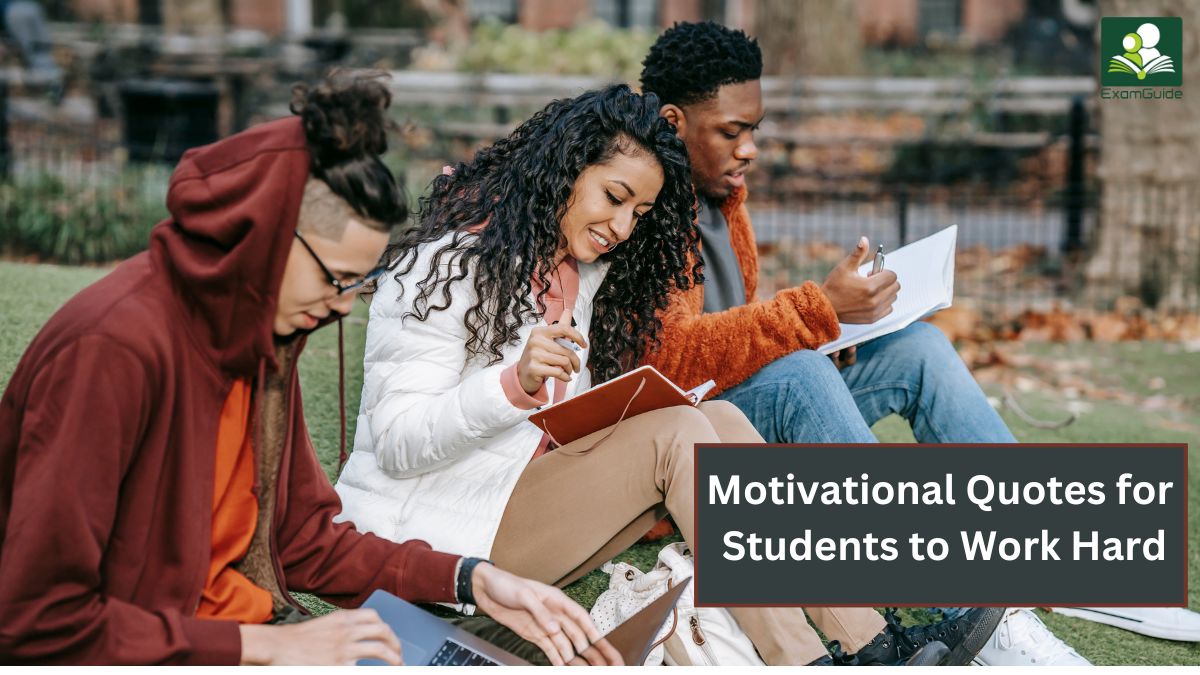
Top 20 Motivational Quotes for Students to Work Hard
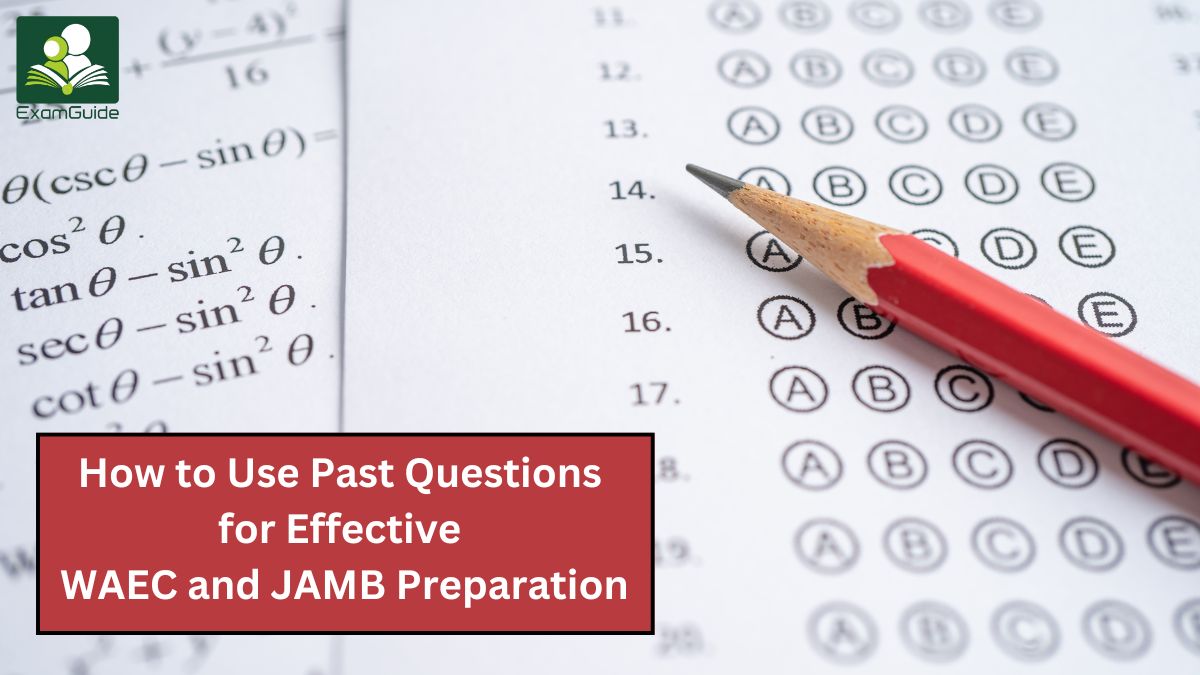
How to Use Past Questions for Effective WAEC and JAMB Preparation
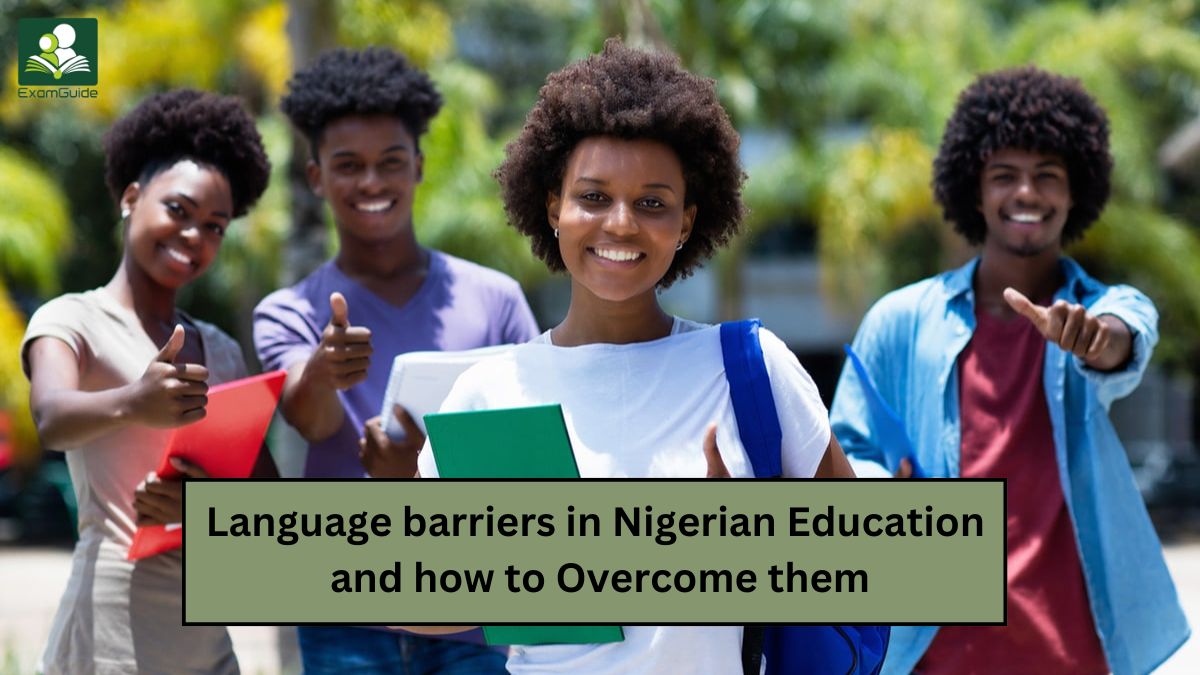
Language barriers in Nigerian Education and how to Overcome them

How to Excel in Mathematics: Tips for Nigerian Students
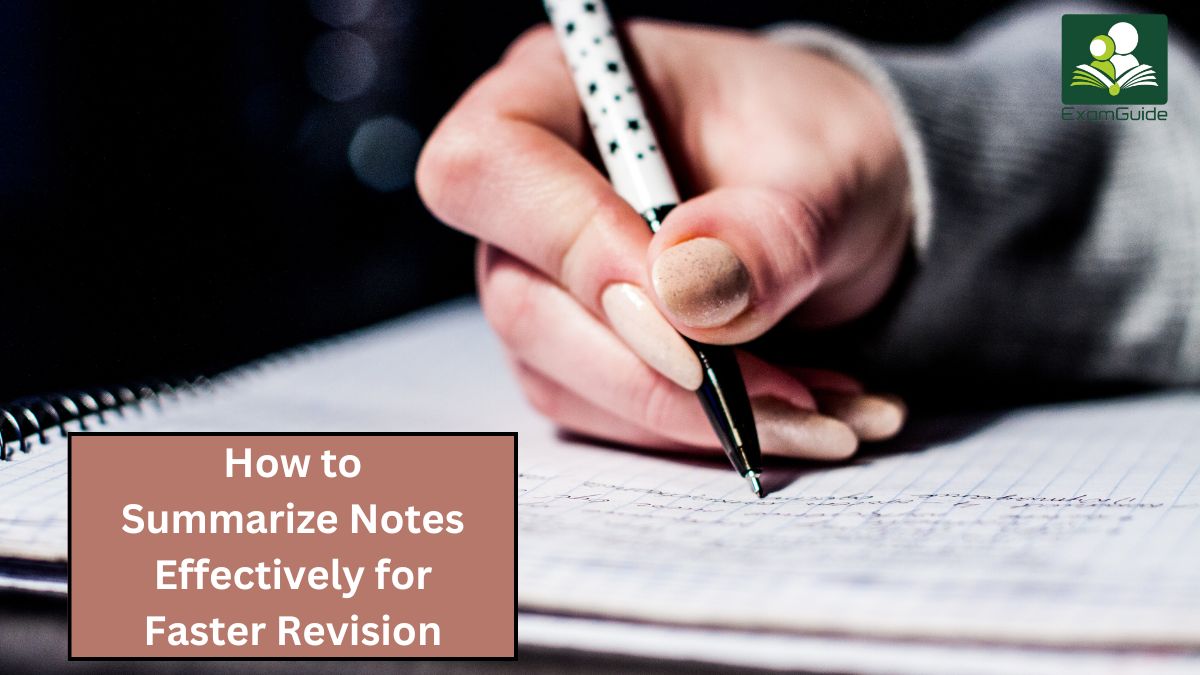
How to Summarize Notes Effectively for Faster Revision
